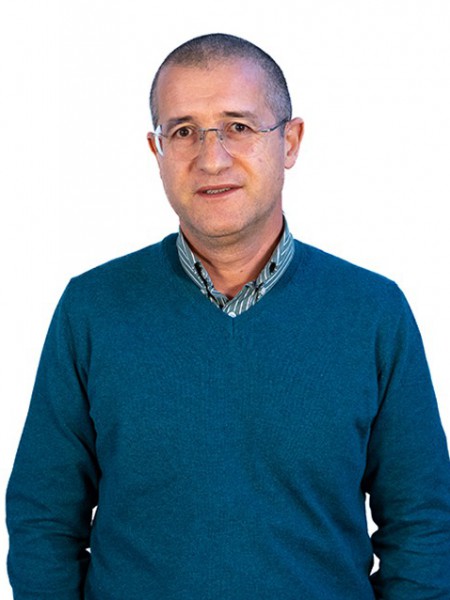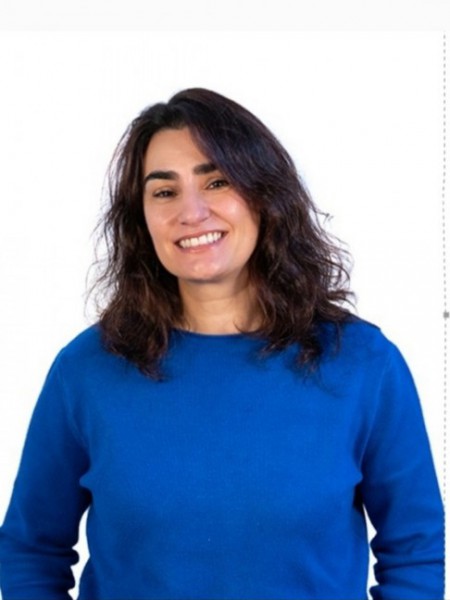abstract
The effect of water on the physicochemical properties of deep eutectic solvents (DES) is a trending research topic. In this work, inelastic neutron scattering (INS) spectroscopy, was used to probe intermolecular interactions in the water-deep eutectic solvent mixtures for the cases of choline chloride (the hydrogen bond acceptor) and three different hydrogen bond donors, with different degrees of acidity: urea, glycerol and lactic acid. It was found that quenching samples in liquid nitrogen is a procedure that may retain the liquid phase morphology of DES at the low temperatures required by INS spectroscopy. The three studied systems share the preference of water molecules to bind to chloride anion, as predicted by numerous molecular dynamics simulations. Despite this similarity, the three systems present several distinct INS features upon water addition that are related to their unique properties and structure at the molecular level. In the choline chloride:urea system, water molecules promote a strengthening of hydrogen bonds with the NH and OH donors, while for the choline chloride:lactic acid system INS probed the existence of solvated DES clusters instead of specifically interfering water molecules. This study takes advantage from the unique capabilities of INS and paves the way for future studies in these systems.
keywords
HYDROGEN-BONDING NETWORK; DYNAMICS; RELINE; NANOSTRUCTURE; BEHAVIOR; MIXTURE
subject category
Physics
authors
Nolasco, MM; Pedro, SN; Vilela, C; Vaz, PD; Ribeiro-Claro, P; Rudic, S; Parker, SF; Freire, CSR; Freire, MG; Silvestre, AJD
our authors
Groups
G4 - Renewable Materials and Circular Economy
G5 - Biomimetic, Biological and Living Materials
G6 - Virtual Materials and Artificial Intelligence
Projects
CICECO - Aveiro Institute of Materials (UIDB/50011/2020)
CICECO - Aveiro Institute of Materials (UIDP/50011/2020)
Projeto de Investigação Exploratória: Mariela Nolasco (IF/01468/2015)
acknowledgements
This work was developed within the scope of the project CICECO-Aveiro Institute of Materials, (UIDB/50011/2020 and UIDP/50011/2020), financed by national funds through the FCT/MEC. FCT is also acknowledged for the doctoral grant to SP (SFRH/BD/132584/2017) and the research contracts to MN under the program IF 2015 (IF/01468/2015), and to CV under Scientific Employment Stimulus (CEECIND/00263/2018). The STFC Rutherford Appleton Laboratory is thanked for access to neutron beam facilities (TOSCA/RB1920244, TOSCA/RB1610481, TOSCA/RB1810054 and MAPS/RB1620171, and XB1890136; DOIs 10.5286/ISIS.E.RB1920244, 10.5286/ISIS.E.RB1610481, 10.5286/ISIS.E.RB1810054, and 10.5286/ISIS.E.RB1620171).








